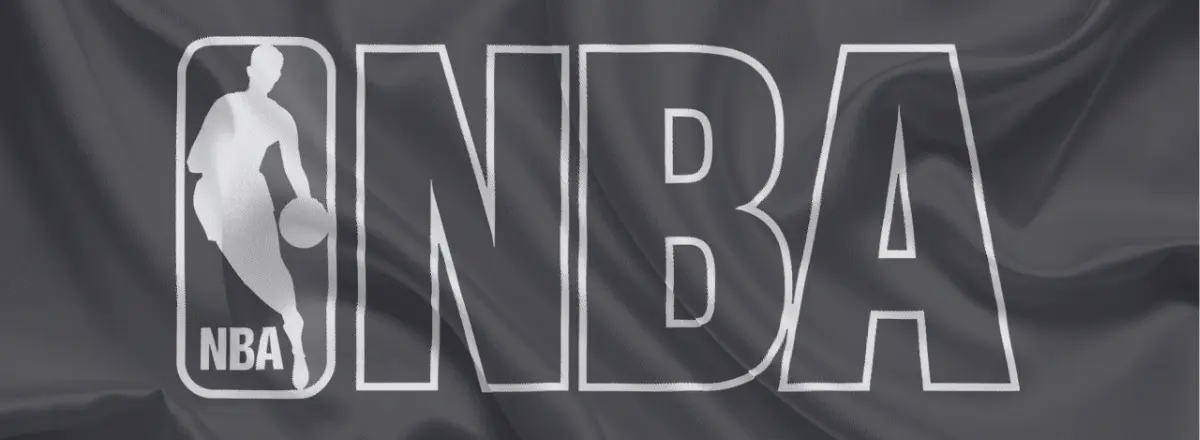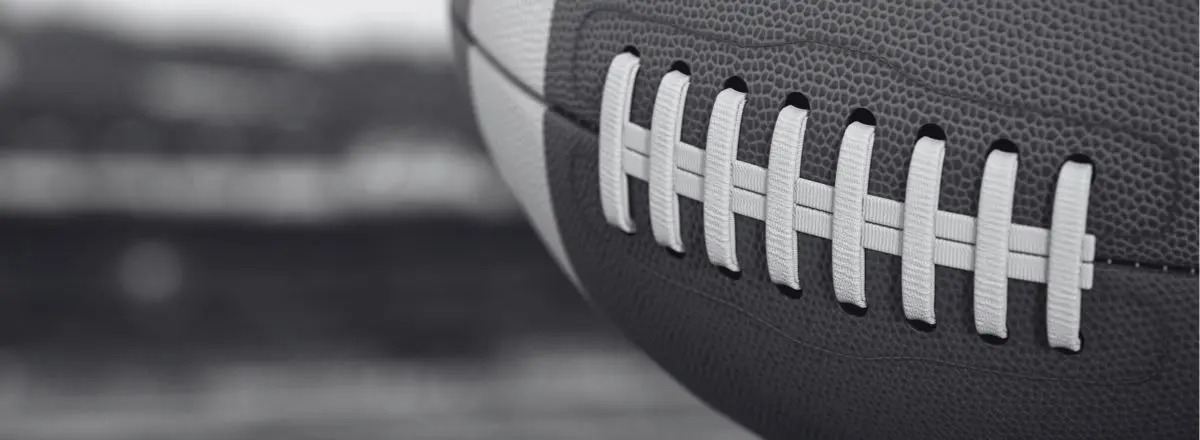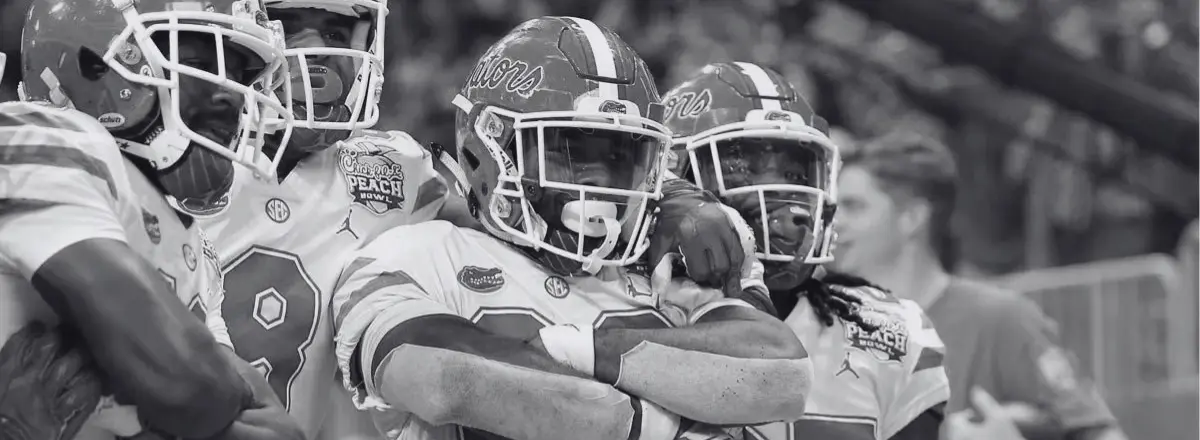A recently filed lawsuit alleges the circumstances under which Florida sports betting was actually illegal.
In other words: Here we go again.
Initially, sports betting in Florida came under contest from West Flagler Associates, a gaming operator in The Sunshine State that argued the Seminole Tribe’s exclusive sports betting compact was unconstitutional. Years of litigation followed suit. The issue has since petered out, and the Seminole Tribe continues to offer Florida sports betting services throughout the state.
However, the newest lawsuit throws yet another wrinkle in the market’s future. Could legal sports betting in Florida actually be in jeopardy of getting repealed, again, as a result?
Latest Florida Sports Betting Lawsuit Focusing on Online Operations of Seminole Tribe
The newest lawsuit was filed by Protect the Constitution LLC. According to their online description, they are a “Delaware limited liability company, which represents the interests of its members to advance lawful 'casino gambling' through petitioning activity, including by challenging unconstitutional 'casino gambling.”
The focus on their lawsuit, as it turns out, is Florida online sports betting. More specifically, they contend that the Seminole Tribe’s current setup needed voter approval before taking effect. Here is Jim Saunders of WFTV 9 Orlando with more details:
“More than a year after the Seminole Tribe started offering online sports betting, a new lawsuit alleges that voter approval was needed to allow such gambling. Protect the Constitution LLC filed the lawsuit Wednesday in Leon County circuit court, alleging a state deal that allowed online sports betting violates a 2018 constitutional amendment that required voter approval of ‘casino gambling.’
“‘Today, online sports betting occurs throughout the state of Florida,’ the lawsuit said. ‘But no citizens’ initiative has ever been held to provide authorization. And the people of Florida have never been allowed to exercise their constitutional right to decide whether sports betting should be authorized throughout the state.’ The new lawsuit seeks a declaratory judgment and an injunction through the more-normal process of going to circuit court. It names as defendants the state, the Florida Gaming Control Commission and the commission’s members.”
If the lawsuit is deemed legitimate, it could force the Seminole Tribe to stop accepting wagers through online Florida sports betting apps. But this presumes Protect the Constitution has a case. Immediately, it is not clear if they do.
Previous Sports Betting Lawsuit May Provide Hint At Inevitable Verdict
While this Florida sports betting lawsuit is different in nature from the first, they are effectively challenging the same thing.
West Flagler, along with Bonita-Fort Meyers Corp., previously argued that the Seminole Tribe should not be allowed to accept online wagers from anywhere in the state. Their gaming compact, the lawsuit contested, only permitted gambling on tribal property.
The Seminole Tribe continues to contend that this isn’t true. They believe that their Florida sports betting app is an extension of tribal property. Their logic: The serves that operate it are on tribal grounds. Therefore, the app is part of that property.
After much litigation, the Florida Supreme Court upheld their interpretation of the gaming compact. That deal, by the way, was negotiated by Governor Ron DeSantis. West Flagler and Bonita-Fort Meyers initially pursued involvement from the Supreme Court of the United States. However, SCOTUS elected against hearing the matter. Since then, the gaming operators have come to an agreement with the Seminole Tribe, effectively ending the standoff.
Still, this ruling isn’t so much an approval of the current setup. That gives the latest lawsuit some traction, if the circuit courts take it seriously.
What’s Next for Sports Wagering in Florida?
Expect the Seminole Tribe, along with the state, to aggressively push back. Sports betting is worth too much money for them to fold. The Seminole Tribe has pledged to pay $5.2 billion over the first five years of the compact. Depending on revenue, that payout could be worth billions more.
It will be interesting to see whether the increased frequency with which online sports betting in the United States gets legalized has any bearing here. Are courts less likely to side with the plaintiffs when mobile sports betting is so common? Might they just consider the Seminole Tribe’s interpretation of the compact the most accurate one?
Even if you’re inclined to dismiss the Florida sports betting lawsuit as nothing, there might be real fallout. Protect the Constitution is seeking a declaratory judgment. This basically amounts to a final say. And if the declaration favors the current Florida sports betting compact, it may prevent more lawsuits like this one from cropping up again in the future.
Conversely, if there ends up being a hearing, it could impact the tribe’s ability to continue offering services in full. And if the lawsuit is ultimately successful, it thrusts the entire future of Florida sports betting into doubt.
For now, we should not expect much to change. The Seminole Tribe is not subject to a cease-and-desist, and they may never be. Even if they are, the litigation process moves slowly. It could be months before anything comes of this. And that’s assuming anything comes of it at all.
Take a look at this list of the top online sportsbooks so you can find one that works for all of your sports betting needs:
-
EXCLUSIVE BONUS
 50% bonus up to $250Play Now
50% bonus up to $250Play NowT&C apply, 18+, Play responsibly
- EXCLUSIVE BONUS
 125% up to $1,250Play Now
125% up to $1,250Play NowT&C apply, 18+, Play responsibly
- EXCLUSIVE BONUS
 225% up to $3,625Play Now
225% up to $3,625Play NowT&C apply, 18+, Play responsibly
-
 50% bonus up to $250Play Now
50% bonus up to $250Play NowT&C apply, 18+, Play responsibly
-
 125% up to $2,500Play Now
125% up to $2,500Play NowT&C apply, 18+, Play responsibly












